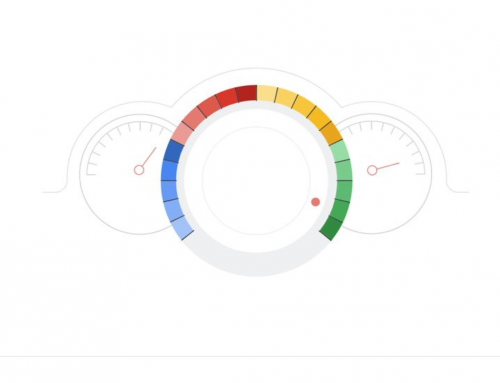In today’s SEO, where context is more important than keywords, performance measurement often still comes down to specific keyword terms and phrases that a user searches.
While you don’t have to chase the algorithm for specific terms and work on variations and phrasing to jockey for position against competitors, you still have to care about both relevancy and authority.
The relevancy of content to the subject matter and the ambiguity of what context really means versus an individual keyword approach have led to looser strategies and a renewed need to stay focused on on-page optimization.
While trusting that Google will understand the context of our content as you build a strong brand and positive user experience, you’re still faced with the need to:
- Determine the hierarchy of our content.
- How to organize our content.
- How to build that context to ultimately rank for multiple keywords that will meet our conversion goals.
The need to optimize and focus on keywords is as important as ever even though the importance of certain optimization techniques has changed.
1. Know Your Current Content
Once you’ve established your conversion goals, arranged your analytics house, and conducted keyword research, you’re ready to organize your keyword data into meaningful topics.
You can find sets of terms on the same topic and group them together. You won’t need to do stemming or use all of the literal variations of the terms and its plural or singular versions, but you need to know which sets of terms are related to a topic.
Read full article in How to Optimize Your Website for Multiple Keywords





